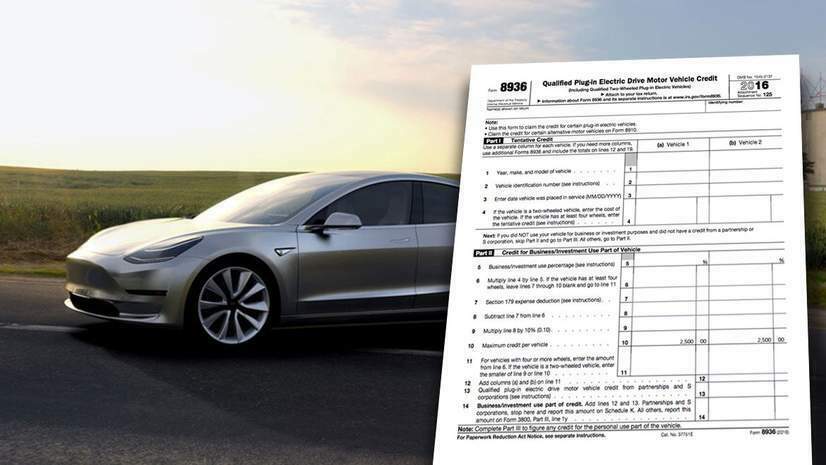The funds will go towards helping automakers secure essential materials for electric vehicle production as well as converting existing factories to produce them.
Additionally, the announcement confirmed a portion of the $174 billion investment will go towards the incredibly important aspect of charging infrastructure as well as mass transit EVs.
Another huge factor in the adoption of electric vehicles that is expected to be revisited in the new outline is consumer incentives when purchasing an electric vehicle. It is still expected to come in the form of a tax credit but will apparently also be available at the time of purchase. According to the outline, this incentive will be for “American-made” electric vehicles only.
However, how much of an incentive remains unclear but rumors are circulating suggesting the electric car tax credit could increase to $10,000.
The current EV incentive program consists of a $7,500 tax credit on new electric vehicles up to a 200,000-unit limit per manufacturer. The outline summary only confirmed how the incentive would be presented, not an actual amount.
This isn’t the first reform that has been pushed since Democrats took over the White House. There have been several proposals including one to reinstate incentives for EV manufacturers who have already reach the 200,00-unit limit. This reform would allow automakers who have already hit the threshold, a new $7,000 tax credit on an additional 400,000 electric vehicles before a new phase-out period is once again initiated.
Another reformative EV bill, called the Electric Cars Act, was introduced by Democrats that would eliminate any cap on actual volume. Instead, it would introduce a 10-year time period to receive the incentive as well as allow buyers to have the credit applied at the point of sale rather than through a tax credit.
Top analyst of Wedbush and avid EV follower, Dan Ives is saying the word on the street the in Washington is the new incentive will be upped to $10,000 (via Yahoo Finance): “We are hearing from our contacts in the Beltway that $7,500 tax credit could potentially be $10,000 in terms of a credit and that’s going to be a massive catalyst not just for Tesla, but for the EV ecosystem in the US.”
Should this become a reality, we expect to see the adoption of electric mobility skyrocket more than ever.

